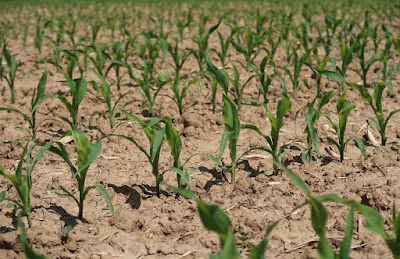Agriculture has gone through a massive transformation through years, and technology has had radical effects on how farming is done and how agribusiness has been shaped to what it is today. One of the key concepts known today is precision agriculture or simply precision ag, which harnesses information technology in farm management to ensure that the soil and crops receive what they need for their maximum health and productivity.
 |
Image source: Pixabay.com
|
Precision ag is steered toward making farming more accurate, controlled, and well-managed when it comes to growing crops as well as raising livestock. It makes use of IT tools and techniques that include sensors, GPS, drones, robotics, autonomous vehicles, and things like GPS-based soil sampling to achieve these goals.
It is believed to take off in the early 1990s after the introduction of GPS guidance, and today it’s so widely applied while other new technologies are taking off. Some popular precision farming practices are automated steering systems, which show drivers the way to follow in the field using satellite navigation systems; geomapping to produce maps that contain precious soil and nutrient information; and sensors and remote sensing to collect data from a distance to evaluate soil and crop health.
Integrated electronic communications, too, enhance links among different components of the farming system such as between the tractor and dealer and tractor and farm office. Predictive analytics software also informs farmers about crop rotation, harvesting times, and soil management.
 |
Image source: Pixabay.com
|
The EZ-FLO fertilizing systems were developed to provide irrigation and injection technologies for homes, cities, parks, gardens, sports fields, resorts, and any other form of growing and landscape. Since EZ-FLO’s inception, the company, under the leadership of its CEO, Dan C. Gilmore, has grown into a leading commercial and residential fertigation systems manufacturer with more than 250,000 units installed in over 20 countries. More on the company and its products website.

